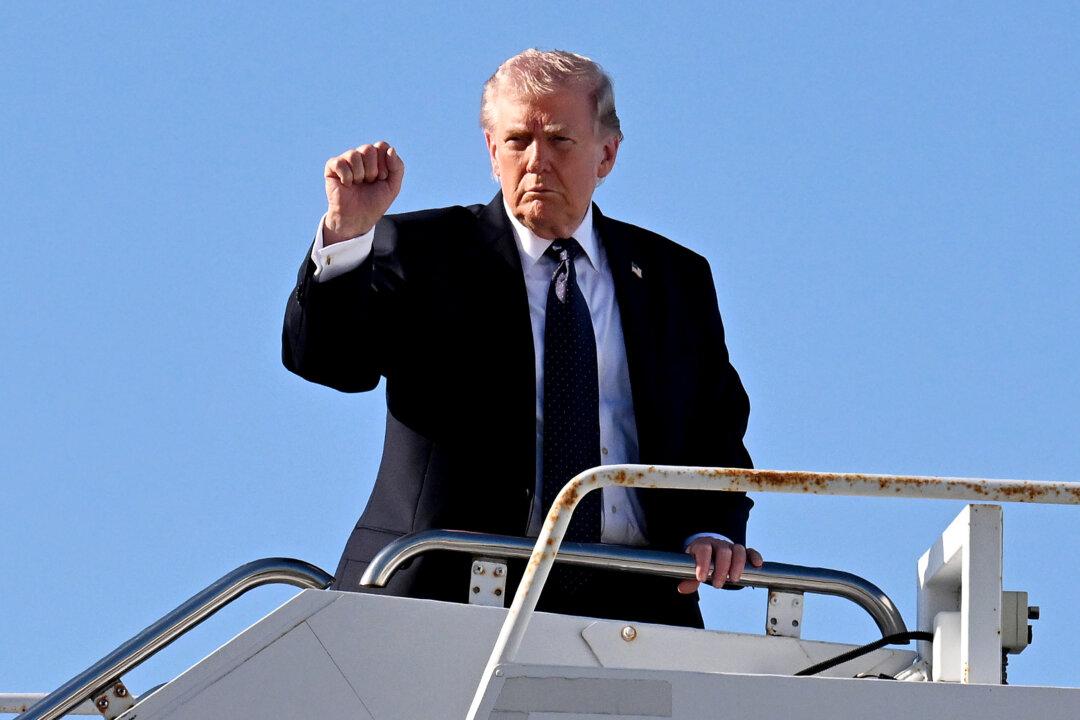Japan will not send a government delegation to the 2022 Beijing Winter Olympics due to the human rights situation in China, a government spokesman said on Friday, following the actions of several Western nations that have also withheld officials’ attendance at the Games.
Instead of sending government officials, Chief Cabinet Secretary Hirokazu Matsuno said Japan would send Tokyo Games President Seiko Hashimoto, Japanese Olympic Committee chief Yasuhiro Yamashita, and Japan Paralympic Committee President Kazuyuki Mori to the Games.
“We think it is important that universal values such as freedom, respect of basic human rights, and the rule of law are ensured in China,” Matsuno said at a press briefing, reported Kyodo News. “We have made the decision by comprehensively taking into account such factors.”
Chinese foreign ministry spokesman Zhao Lijian said China would take “resolute countermeasures” against the United States over the boycott effort, without being more specific.
The Japanese government, however, refused to call the move a diplomatic boycott, claiming that they have no “special term” for it.
Japan, a close ally of the United States, is concerned about what it perceives as growing threats from China. But it is also economically reliant on its neighbor, both as a manufacturing hub and as a customer for its automobiles and other products.





